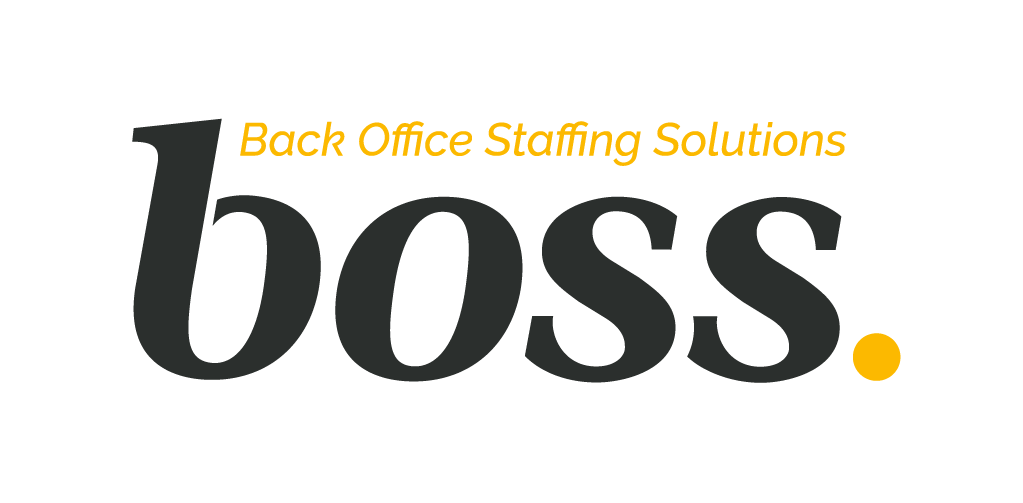Quick Hit: Understanding Workers’ Compensation

WHAT IS WORKERS’ COMPENSATION INSURANCE?
Workers’ compensation insurance provides medical and wage benefits to people who are injured or become ill at work. All states, with a small number of exceptions, require businesses with non-ownership employees to purchase workers’ compensation coverage for those employees. Businesses that fail to provide workers’ compensation coverage risk paying costly medical claims out of pocket, fines and possible imprisonment. They can even have their business shut down.
HOW IS IT MANAGED?
Each state has its own workers’ compensation (WC) insurance requirements. While your private insurance agent can bind you for most states, there are a handful of states that require you to purchase insurance directly (Ohio, Washington, North Dakota and Wyoming).
HOW RATES ARE DETERMINED?
Workers’ compensation insurance works by applying a risk profile for each position in each state. Underwriters will then determine your insurance rate based upon this risk, as well as your business’ experience with this kind of work. Workers’ compensation rates are calculated as a dollar amount per $100 of payroll. They then simply then take your estimated payroll and multiply it by this rate and arrive at the premium.
WHAT ARE WORKER’S COMP CODES?
Each position and its insurance rate is assigned a standardized code number,
so it can easily be identified when processing payments. For example, workers’ compensation code “8810” is one of the most popular and also the least expensive and is used for office, professional, administrative and clerical positions.
HOW DO I PAY MY PREMIUMS FOR EACH WORKER?
Most firms will be required to pay the entire annual premium up front. While it may be tempting to lower your “estimate” of payroll, you will be required to pay based on the actual payroll amount at the end of the year or audit period. It’s never fun to find out that you owe an extra $15,000, as one business recently discovered. Conversely, if you overestimated your premium, they will apply a credit for your next period. Your insurance broker can put your quote out to market, or you can get a customized all-in quote usually within a day from any outside EOR that you choose to work with.
WHAT IF I DON’T QUALIFY FOR COVERAGE?
Since Covid passed through the US, many underwriters have taken a different approach on workers compensation coverage for small firms and startups. Don’t be discouraged if you do not immediately qualify for certain codes. You can always use an EOR like BOSS to help you gain your own “experience” and then re-apply for direct coverage. Many of our clients have a blended approach, becoming their own EOR in their own states and using BOSS for all their out-of-state workers.
